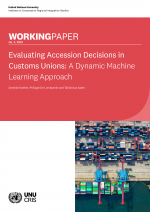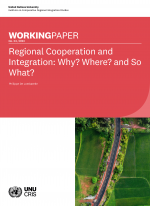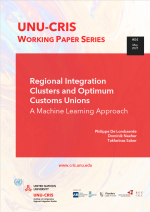FDI Policies in Time of Conflict: The Case of Colombia
This paper looks at how open FDI policies have been put in place in Colombia since the beginning of the 1990s. The authors look at the relative capacity of Colombia to attract FDI, the cost of the conflict on the economy and investment levels, and the impact of FDI on growth and development. They find that although Colombia was initially less successful in attracting FDI than its neighbours, in part becauseof the intensification of the conflict and the violence generated by the drug cartels in the beginning of the 1990s, from the mid-1990s onwards, it systematically performed slightly above the regional average with respect to attracting FDI. The available estimations of the costs of the conflict do not allow for firm conclusions about the cost in terms of foregone FDI to be drawn. Surveys among private businesses indicate, however, that the indirect costs (including foregone FDI) could be significantly higher than the outcomes of the macro-economic estimates. Finally, although there are good theoretical reasons to believe that FDI generates positive spillover effects for domestic firms, estimations with firm-level panel data do not always reveal their existence



